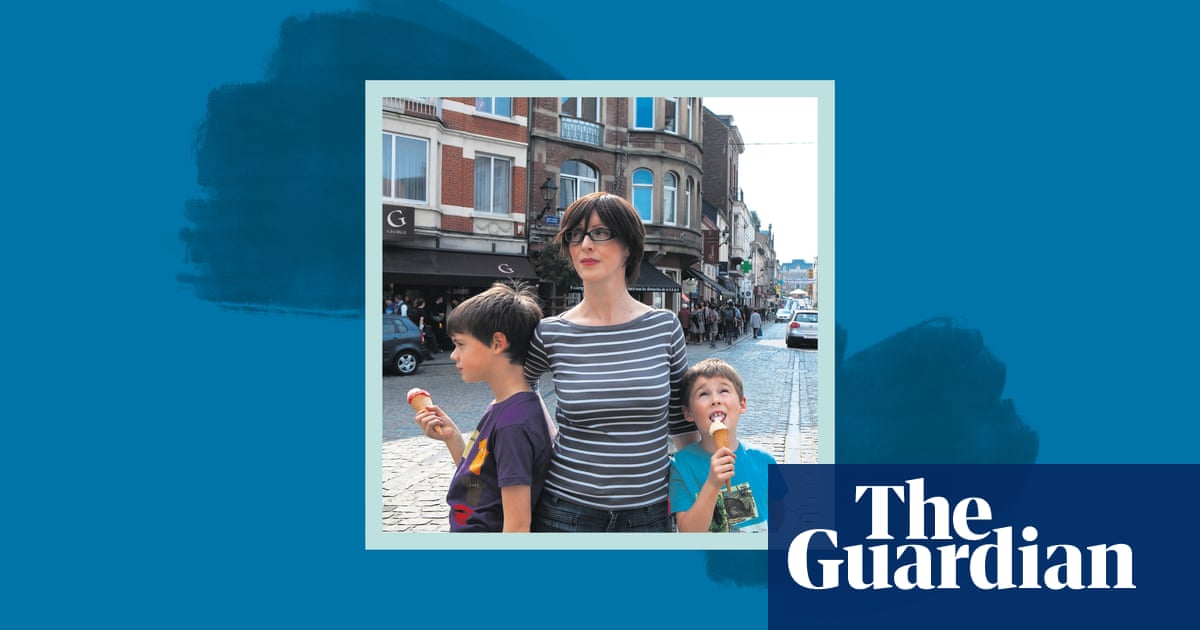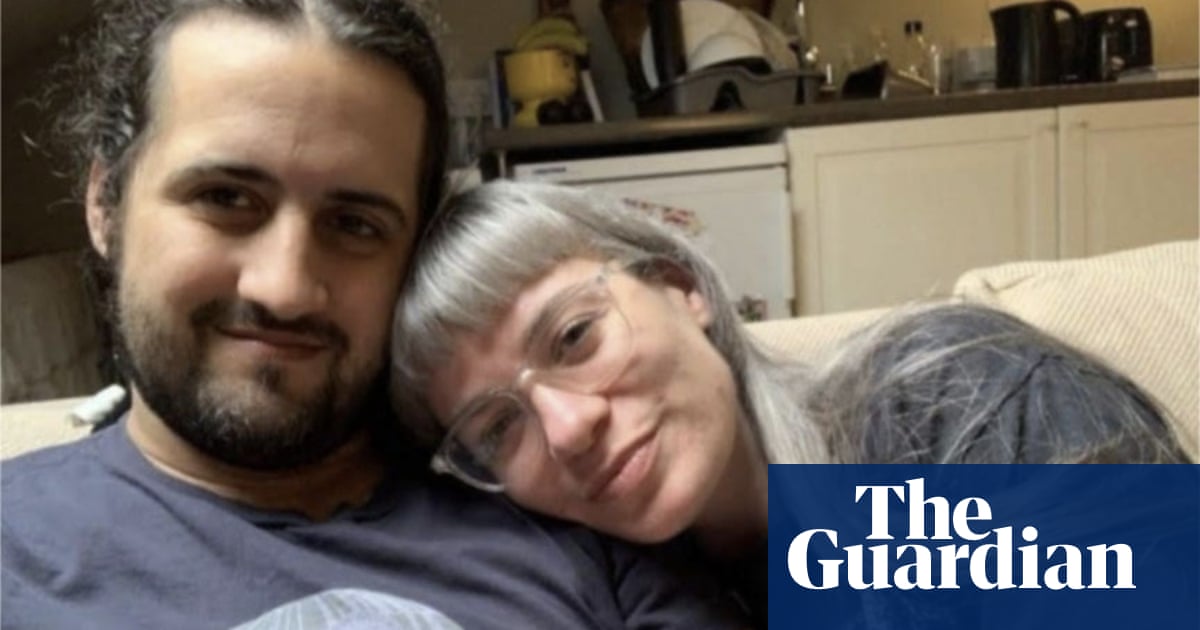
Dylan Penn receives guests high above the Croisette, in a sterile penthouse suite overlooking the sea. It’s a perch befitting her status as visiting Hollywood royalty, the daughter of Sean Penn and Robin Wright, starring alongside her dad in this year’s Cannes competition. She’s got her phone and her water and a stylist in the wings. She’s been up here all day and won’t descend until dusk. She has tickets to see the new Wes Anderson film.
In the fact-based Flag Day, her first major role, she plays Jennifer Vogel, the daughter of an inveterate conman. John Vogel describes himself as an entrepreneur with a broad portfolio, which is another way of saying that he’s a bank robber, arsonist and counterfeiter; always up to no good, constantly looking over his shoulder. Jennifer wants to break free but can’t quite cut the cord. “In my dreams, my father was always the prince,” she explains.
Flag Day unveiled at the festival to largely respectful reviews. But it’s a film that comes with an inbuilt irony klaxon: the tale of a woman who succeeds in spite of her father starring a woman who was cast – at least in part – because of hers. Penn Sr directs, plays John and says he couldn’t imagine anyone other than Dylan as Jennifer. His daughter, by contrast, was altogether less certain.
“Oh yeah, very hesitant,” she says. “I didn’t know whether I was capable of going toe-to-toe with my dad. So that was always daunting – the energy in the room with him both directing and acting. Because I’m really affected by his presence and it’s hard for me to take his stress.” She shrugs. “Also I felt he might be overbearing as a director and impose his choices on me, not allow me any space. But I could not have been more wrong. We complemented each other pretty well, I think.”
Having famous parents obviously helps in the business. But it also applies pressure, the sense of a high bar to get over. “Sometimes I walk into an audition and because of my last name there’s that added expectation. That can intimidate and inhibit me.” Another shrug. “But yeah, in the end, I think it’s an advantage.”
She was named after Bob Dylan, a singer she’s come around to more now she’s older, and has a younger brother, Hopper, named mainly for Dennis but also because he was constantly hopping about in the womb. She explains that the family was largely raised in Marin County, outside San Francisco, a long way from LA. “Very outdoorsy. Very granola. Basically, it’s full of rich hippies.”
Penn’s not quite the ingenue: she turned 30 this year and worked as a model before circling back towards film. She took a starring role Condemned, an obscure 2015 slasher flick described by the Hollywood Reporter as “one of the most egregiously awful horror films in recent memory” and played a concierge in Elvis and Nixon, alongside Michael Shannon and Kevin Spacey. She likes Gus Van Sant, Greta Gerwig and especially Woody Allen. She says Annie Hall is her all-time favourite film. One day, ideally, she’d like to write and direct her own work.
I’m not sure she possesses a hard-luck story to compete with that of Jennifer Vogel, who pinballed between impoverished parents in blue-collar Minnesota and lived rough as a teen before training as a journalist. The closest she came was a few years post-high school, when she was drifting outside the family orbit and living on her own dime. “I left home at 18 and didn’t go directly to college,” she recalls. “And my parents were like, ‘Well, we’re not going to pay you to just fuck around.’”
During this time Penn worked as a waitress and a barista and spent six months as a pizza delivery driver. Sometimes, she says, she was mistaken for a stripper. “Well, what happened was that I started doing test shoots for modelling while working as a pizza delivery girl. So I would come from tests to deliver pizzas with a full face of makeup and people used to think it was a costume and that they were going to get more than just a pizza.”
The hours were awkward. The pay was horrible. But she now looks back on the job with something approaching nostalgia. “It was like a competition. You’re racing the other drivers to see who can get out the pizzas and get in the tips.” Her gaze jumps to the big picture window and the Mediterranean down below. “I liked it,” she says. “It was a different world.”












